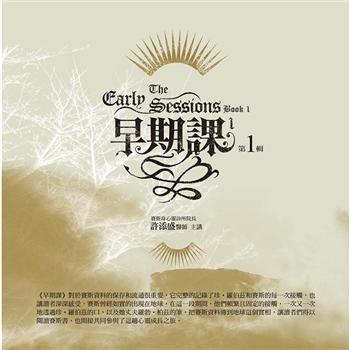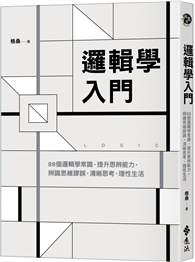The benefits of play for children’s learning are well-documented and well-researched. The evidence for its positive impact on brain development, social interactions, emotional wellbeing, and motor skills is widespread. So, why should this practice stop after the early years?
A Practical Guide to Play in Education encourages teachers to reflect on their practice and consider how a play-based approach may enhance their teaching. It provides realistic, accessible ideas and resources to incorporate into practice while giving evidence to back up this approach.
Divided into three clear sections, readers are guided through:
- An introduction to play in education, including theory, benefits, and potential challenges.
- Putting it into practice, such as setting up the classroom, resources for play, and adopting a playful ethos in a realistic and accessible way.
- Lesson plans in a variety of subjects, spanning from numeracy, to literacy, to health and wellbeing.
This unique and practical book highlights the importance of play in helping children develop skills to support their future and demonstrates how this approach can be seamlessly integrated into teaching styles across primary and early secondary.












